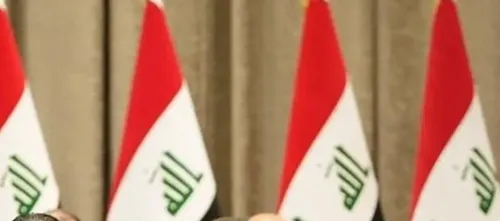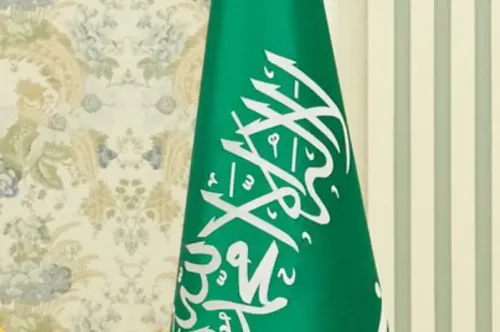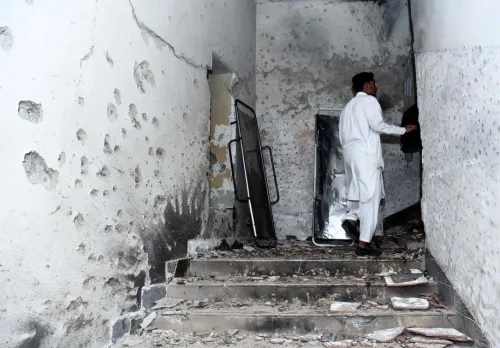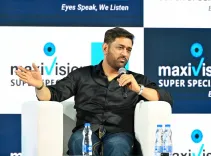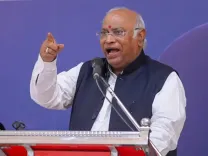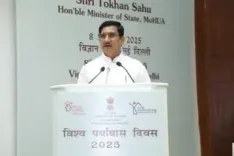Is the US Resuming Student Visas with Mandatory Social Media Oversight?
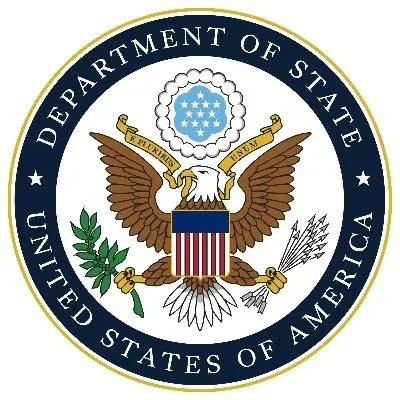
Synopsis
Key Takeaways
- The US resumes student visa processing.
- Applicants must make social media profiles public.
- The focus is on national security and vetting.
- Concerns about privacy are raised.
- This policy affects F, M, and J visa applicants.
Washington, June 19 (NationPress) The US Department of State has declared that it will recommence the processing of visa applications for international students, with the stipulation that applicants must render their social media accounts accessible for governmental evaluation.
"With the new directives, we will implement a detailed vetting process, which includes reviewing the online presence of all applicants for student and exchange visitor visas in the F, M, and J nonimmigrant categories. To assist in this vetting, all applicants for these visa types will be required to change their social media profile privacy settings to 'public,'" stated the US Department of State on Wednesday.
As per the State Department, it is dedicated to safeguarding the United States and its citizens by maintaining the highest standards of national security and public safety throughout the visa application process, reiterating that a US visa is a "privilege, not a right."
"We utilize all accessible information during our visa screening and vetting processes to identify applicants who may be inadmissible to the United States, including those who could potentially threaten US national security," they emphasized.
The US State Department also affirmed that every visa decision is fundamentally a national security measure.
"The United States must remain cautious during the visa issuance process to ensure that those seeking entry do not aim to harm Americans and our national interests, and that every applicant convincingly demonstrates their eligibility for the visa requested, including their intention to engage in activities that align with the terms of their admission," the statement continued.
Last month, the US indicated that the suspension of student visa interviews would conclude "sooner than later" and urged applicants to persist with their application procedures while regularly monitoring for the resumption of standard services.
Previously, US Secretary of State Marco Rubio directed missions worldwide to halt student visa interviews to implement enhanced scrutiny of applicants' social media footprints.
The Trump administration had intensified scrutiny of foreign students in US colleges and universities following political unrest on campuses related to the Israel-Gaza conflict.
This administration has focused on college authorities for not adequately preventing and protecting Jewish students and foreign students involved in these issues.

